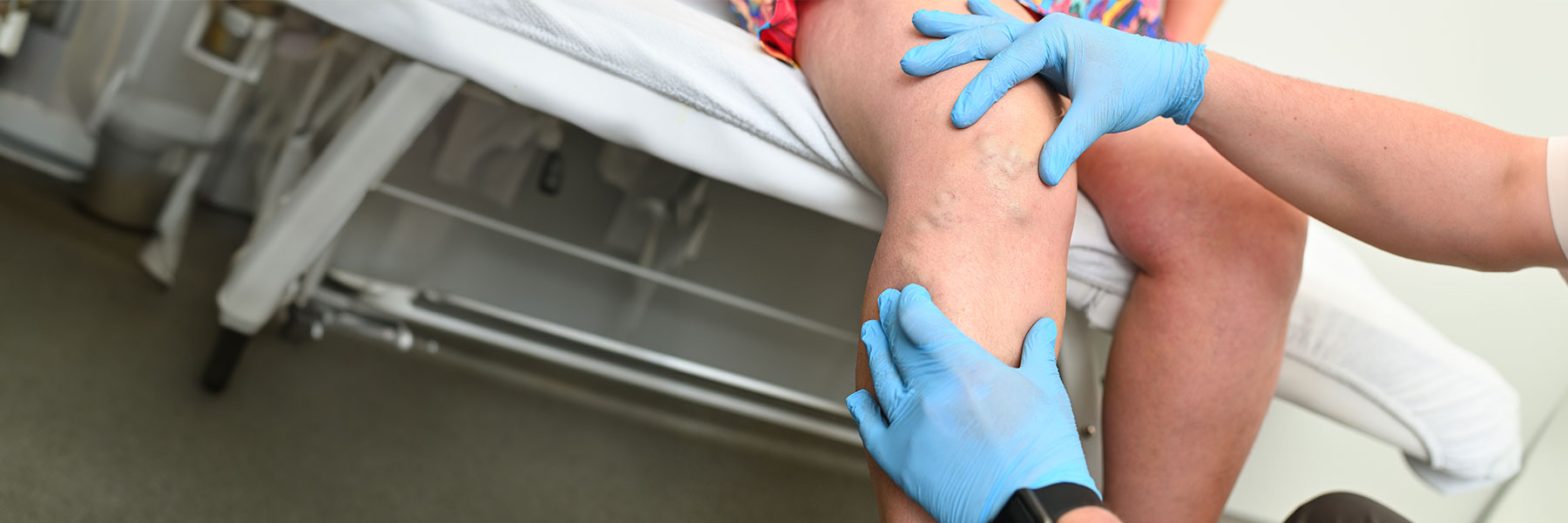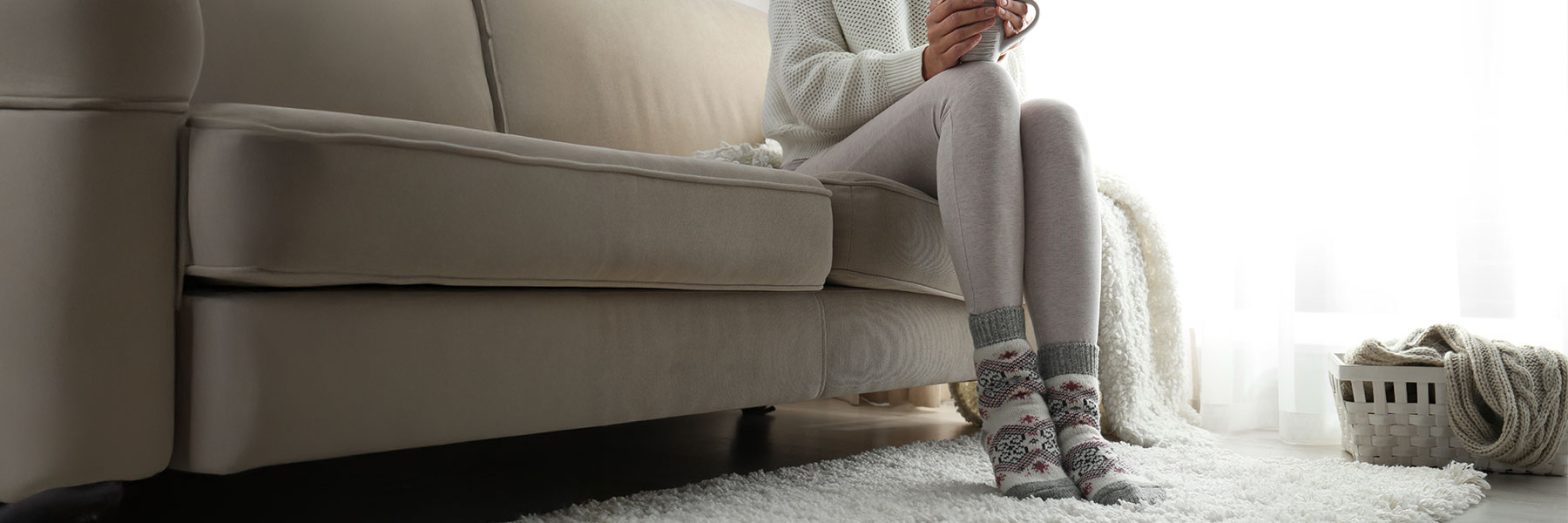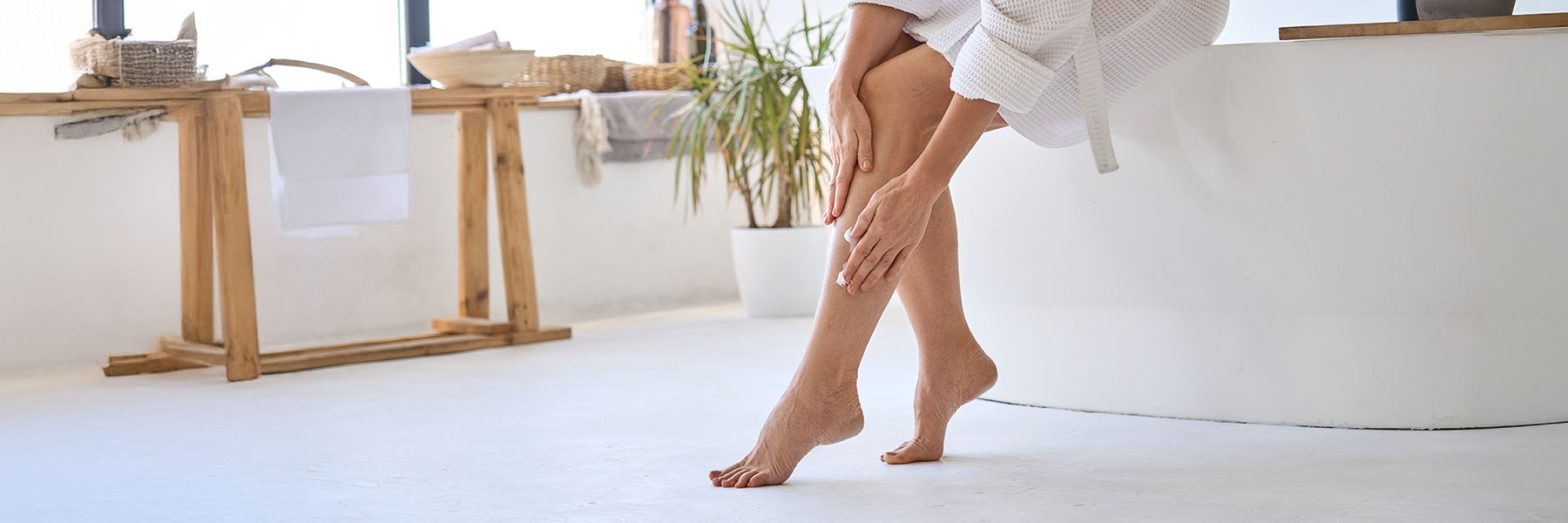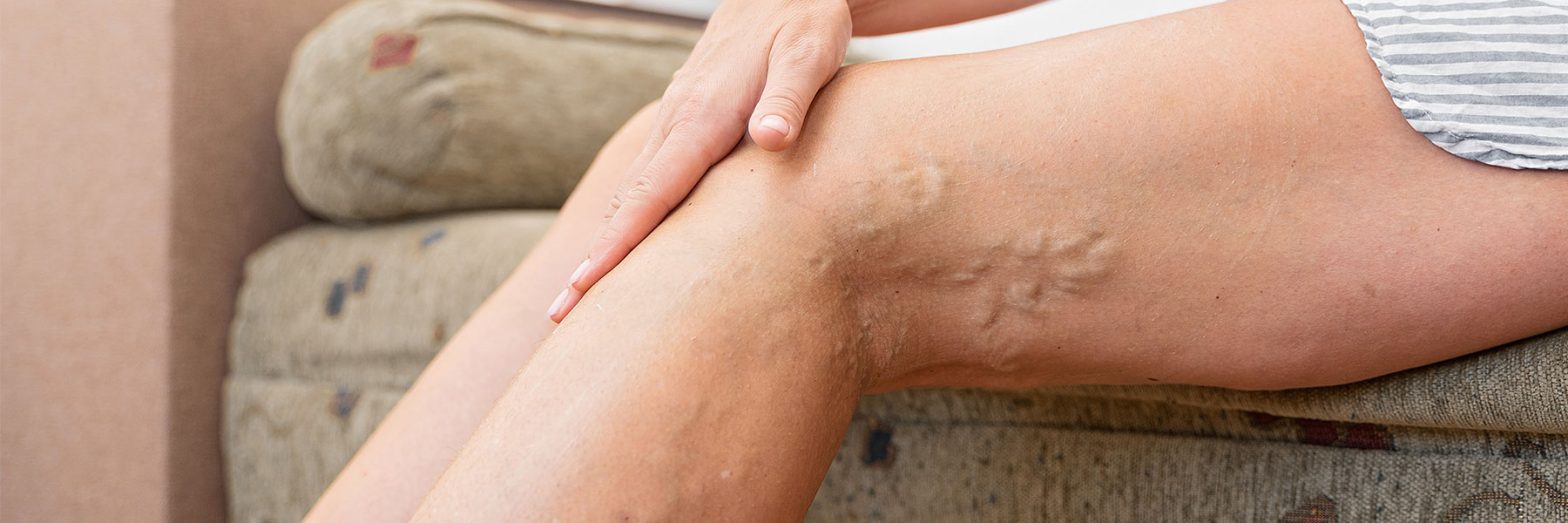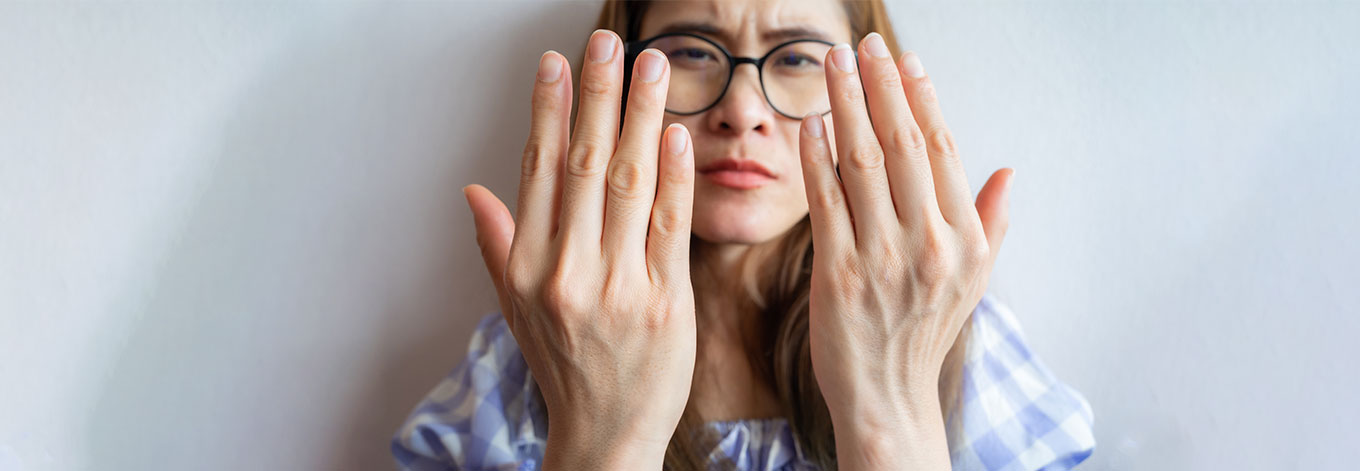
Where can Varicose Veins appear?
Varicose veins are most commonly found on the legs; however it is possible for them to appear in other unexpected places that are not your legs and feet.
Varicose Veins on your arms
Varicose veins can appear on your arms, and this can cause some distress as the arms are typically a very visible area of the body and in some cases the veins can cause discomfort that then make perform certain everyday tasks painful.
Varicose veins on the arms are remarkably similar to those found on the legs and the causes of them are often similar such as:
- Hereditary/Genetics – If varicose veins are common in your family, then your risk of developing them is higher.
- Hormonal – Hormonal changes such as pregnancy can cause changes in progesterone and estrogen in the body which can be responsible for the development of varicose veins.
- Age – Ageing can cause veins in the arms to become more visible, skin also becomes thinner and loses elasticity making veins more prominent and prone to damage.
- Exercise – Strenuous exercise and heavy lifting can lead to bulging veins; blood pressure increases and pushes more blood into the veins. Usually once your blood pressure returns to normal then the visibility of the veins should reduce, however consistent pressure can weaken the valves of the vein meaning they turn into permanent varicose veins.
- Hot Weather – When exposed to higher temperatures, veins expand to allow more blood to run through them. Excess blood can damage or weaken vein valves however which can lead to developing varicose veins.
Varicose veins on the arms can be treated in similar methods to varicose veins on the legs including EVLA (Endovenous Laser Ablation), Sclerotherapy and for more severe cases a phlebectomy procedure may be performed.
Varicose Veins on the hands
Varicose veins on the hands is often caused by ageing which thins the skin and makes veins appear more prominent. If the veins are varicose veins, then they are caused by damaged or weakened veins which are letting blood sit back down in the hand rather than pushing it up towards the heart.
Bulging hand veins can also show up when exercising or weight lifting and usually, they do shrink back down when your blood pressure stabilises again. Other more serious causes of bulging hand veins include phlebitis, and blood clots so we do advise seeing your GP if concerned about bulging hand veins.
Our expert vascular surgeons can help to diagnose varicose veins in your hands and offer a range of treatment options such as EVLA (Endovenous Laser Ablation) and Sclerotherapy.
Varicose Veins in the Groin
Varicose veins in the groin or pelvic area can affect both men and women.
Women who are pregnant experience an increase in pressure against blood vessels from the growing womb which can cause vulvar varicose veins to develop. In most cases, no treatment is required, and vulvar varicose veins caused by a result of pregnancy often reduce and disappear within 6 weeks of giving birth. Things that can help relieve any discomfort caused by vulvar varicose veins include support garments, cold compress, keeping legs elevated when resting and continually changing your position so you are not standing or sitting for prolonged periods of time.
If vulvar varicose veins are showing no signs of reducing or if pregnancy is not the cause of them then pelvic congestion syndrome (PCS) may be the cause.
Pelvic congestion syndrome is a vascular disease that most commonly effects women. What causes pelvic congestion syndrome is difficult to determine, but it often involves insufficient blood flow in the ovarian vein which causes a build up of blood, veins in the area becoming enlarged and varicose veins forming in the pelvis, vagina, and vulva.
Men can also suffer from vein disease in groin, more specifically varicose veins of the scrotum also known as a varicocele. This can affect the quality and quantity of sperm produced, as well as fertility so treatment is always advised. Varicoceles are caused by damaged or weak valves in the veins and poor blood flow. Treatment options include microsurgical subinguinal varicocele ligation (open surgery) which is where the surgeon will treat the vein via your groin and the blood flow is redirected and the affected veins are tied off or clamped.
Find out more about Varicocele Surgery here: verywellhealth.com/varicocele-surgery-5085385
Varicose veins on the face
In the majority of cases, any vein that forms or becomes prominent on the face is more likely to be a thread or spider vein. Facial thread veins are often red or purple in colour and appear as thin lines similar to that of a spider’s web.
Facial thread veins have a number of causes including genetics and age but also illness where regular sneezing or nose blowing can cause thread veins to appear around the nose or increased alcohol consumption causing long-lasting blood vessel damage. Find out more about what causes facial thread veins here.
Treatment for veins on the face will depend on where they are located for example veins under the eye can be treated using a laser device called Cutera CoolGlide. Thread veins on the rest of the face could also be treated using IPL (Intense Pulsed Light) treatment. Find out more about how to treat thread veins here.
Vein Removal Treatments at The Private Clinic
At The Private Clinic, we are UK experts at delivering these leading vein removal treatments. As a multi-award-winning clinical practice, with locations across the country, we make it easy and convenient for patients to treat their veins with proven clinical success and minimal downtime.
Our highly trained surgeons are at the forefront of varicose vein treatments, with many of them having worked directly in developing and bringing the treatments to the UK market, like EVLA, the current gold standard. We perform over 7,000 vein treatments each year, and have a 5-Star Trustpilot score, which reflects our dedication to high standards and exceptional patient results.
- See our varicose vein before and after photos
- Read our varicose vein FAQs
- Hear from previous varicose vein patients in our patient stories
Consultations with our vascular surgeons and vein specialists are available at our clinics in London Harley Street, Birmingham, Leeds, Manchester, Northampton and Buckinghamshire.
If you would like to find out more about our minimally invasive leg vein treatments, and which one would be best for you, complete our online varicose vein consultation form and we will get in touch to support you. Alternatively, you can contact us on 0333 920 2471 where we will be happy to help





